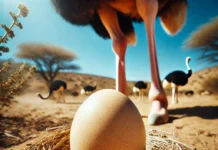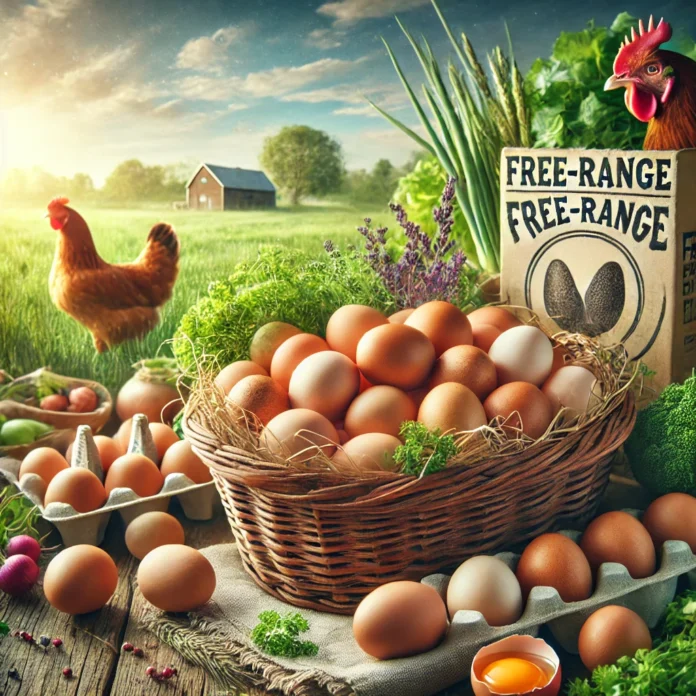A freewhaling hens eggs provide multiple health and environmental advantages to cage-produced animals. Here are the key advantages:
Improved Nutritional Value
Omega-3 Fatty Acids: Pasture-raised eggs typically have a greater amount of omega-3 fatty acids than the conventional type, due to more variety in diets that include grass and insects.
Rich in vitamins — epidemiological studies have shown that people who consume more nuts, which are part of the Mediterranean diet or consumed as snacks tend to balance a broad variety of foods and obtain higher levels (i.e., absent significant deficiencies) some how in essential nutrients like vitamin D,vitamin E.
Better Taste and Flavor
Better Flavour — Free-range eggs has a higher healthy fats and nutrient content also hier taste quality(costs more for farmers, its nornal)
Better Living Conditions for Hens
Chicken Welfare: Backyard farming is better for chickens, meaning to let them roam as they please, bask in the sun and breathe fresh air are all very good for a chicken’s mental state which help decrease their stress.
Egg Shell Quality
Stronger Shells: Free-range eggs typically have stronger shells also, and this benefits the egg because it helps prevent breakage.
Reduced Chemical Exposure
Less Antibiotics: Free-range systems have a lower use of antibiotics and chemical additives (this decreases the probability for residues to be found in eggs).
Lower Environmental Impact
Sustainable Agriculture, Free range farming leads to sustainable agricultural practices with less use of chemicals and hence low environmental impact as compared to industrial farming practice.
Enhanced Overall Health
Healthy Hens: In a free-range system, the outdoor environment will be much more conducive to healthy hens (which in turn may translate into healthier eggs).
Free range eggs provide many benefits from a nutrition and health perspective, to improved hen welfare and environmental footprint — resulting in the continued popularity of free range eggs with consumers critical of intensive farm practices.d about food quality and production conditions.



































